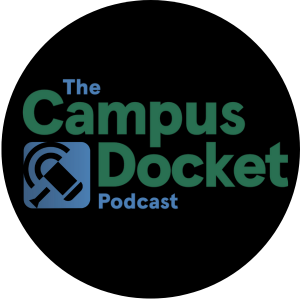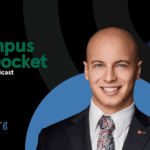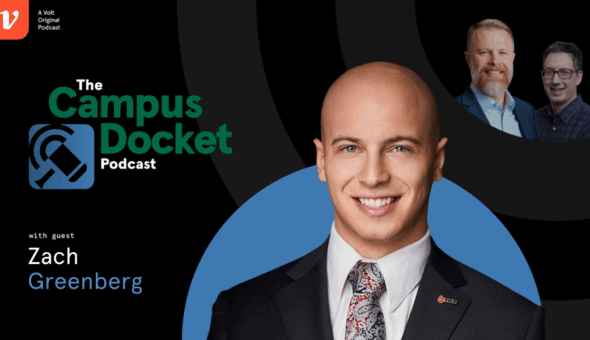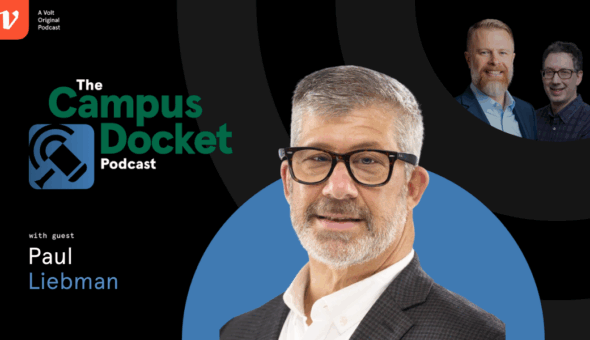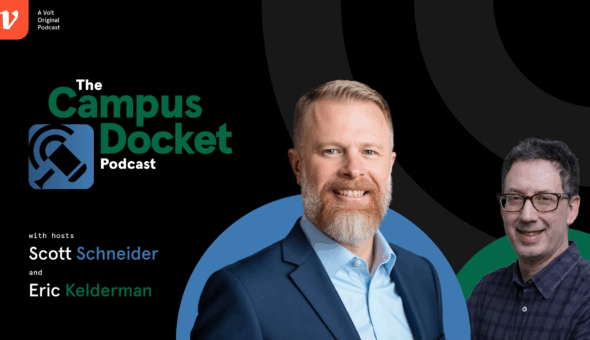When your medical side catches a cold, then you have other parts of campus that may get pneumonia.
The once-sacrosanct value of academic freedom is eroding in higher education.
The rise of medical centers as financial powerhouses and the increasing role of attorneys in institutional decision-making as institutions navigate external pressures from courts, state legislatures, and federal agencies have taken a huge toll on the industry.
On the latest Campus Docket, co-hosts Scott Schneider and Eric Kelderman are joined by Neal Hutchens—professor, policy scholar, and longtime observer of higher ed law—for a sweeping look at the legal, cultural, and institutional shifts reshaping campus governance.
Hutchens outlines the practical reality many institutions now face: when 60–70% of a public flagship’s budget comes from the health system, priorities inevitably shift. And with shifting priorities come deeper questions: Who governs? Who decides what gets taught—and how? What’s left of faculty voice when institutional agility and legal risk avoidance take center stage?
Despite these mounting pressures, Hutchens urges institutions not to lose sight of their “glorious messiness”—the creative chaos that fuels innovation and transformative learning. But even that, he cautions, is at risk if higher ed continues down a path of transactional governance, where students are customers, faculty are employees, and institutional identity becomes a branding exercise. As Hutchens puts it, “If you take too much of that chaos away, you’re hurting the innovation.”
The Docket
- SFFA v. Harvard & UNC (2023)
- In a 6–2 decision, the Court found both Harvard’s and UNC’s use of race in admissions unconstitutional—policies lacked clear objectives, narrow tailoring, and measurable end points.
- House v. NCAA (2025)
- Judge Claudia Wilken approved the deal between the NCAA, its most powerful conferences and lawyers representing all Division I athletes.
- The NCAA will pay nearly $2.8 billion in back damages over the next 10 years to athletes who competed in college at any time from 2016 through present day.
- News on Legal Developments
- Additional Legal Concepts and Entities Referenced
- Title IX (gender equity in education)
- Title VI (discrimination based on race, color, and national origin in programs and activities that receive federal funds)
- Administrative Procedure Act (APA)
- AAUP 1915 Declaration
